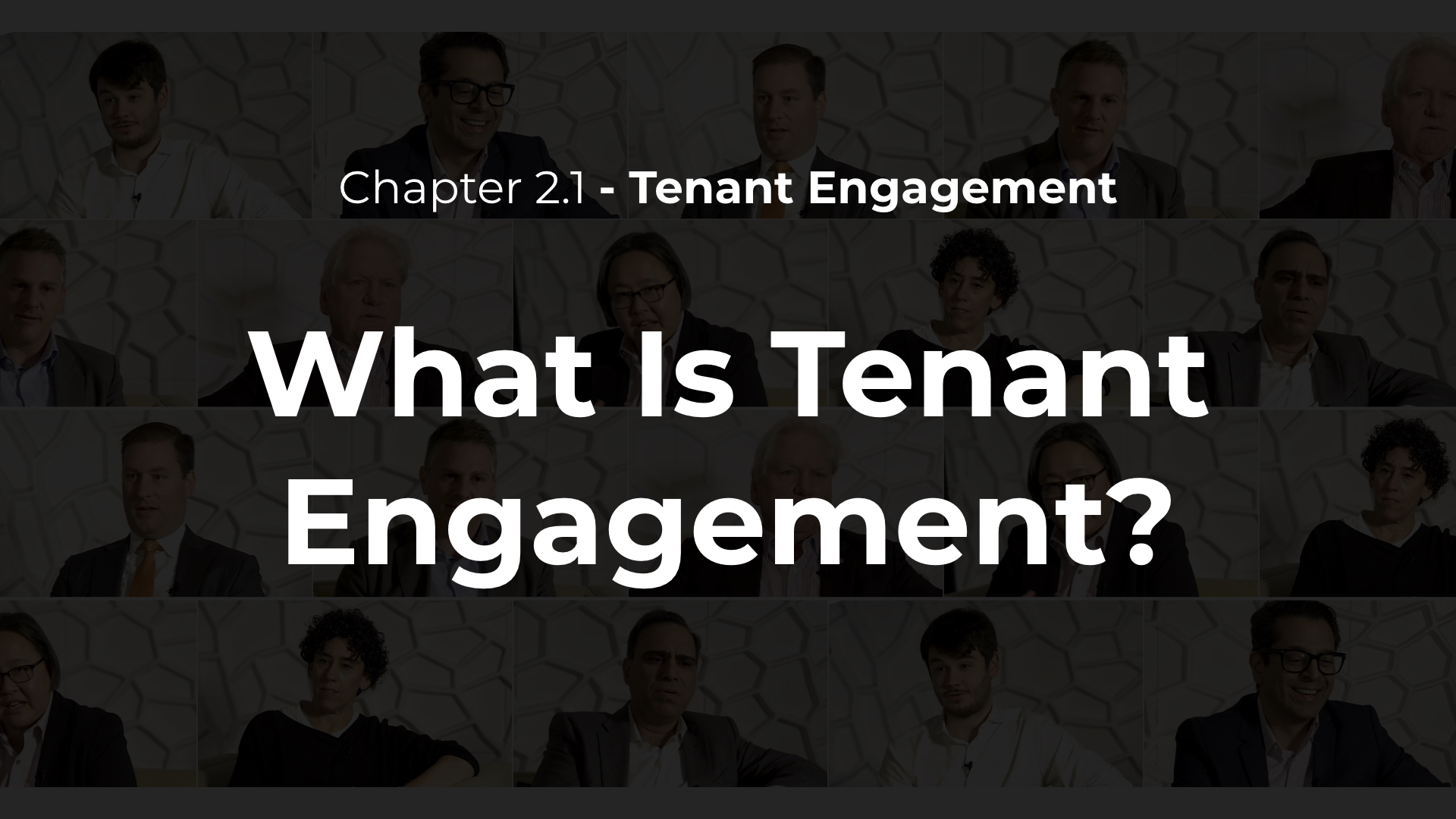Inside CRE Tech • Episode 1.3
Do True Smart Buildings Exist Today?
Top CRE executives discuss the state of smart buildings, where we are today, and what the future will look like.
READ TRANSCRIPT:
Tama Huang, Chief Innovation Officer, CohnReznick
So do true smart buildings exist today and what are the challenges?
John Gilbert, EVP, COO, CTO, Rudin Management
Do true smart buildings exist today and what are the challenges?
Hussain Ali-Khan, Global Alliance Director, CBRE
I think some buildings are smarter than others. You know just like any distribution of smartness. Right?
Kent Tarrach, VP, Asset Management & Global Corporate Development, Brookfield
Yes. Today there are smart buildings. But next year those those buildings won't be quite as intelligent.
John Gilbert, EVP, COO, CTO, Rudin Management
What they are today I think they do based upon what today's standards are. And let's remember that what a smart building is is evolving as new tools are created as new relationships data relationships are correlated and created.
Adam Stoltz, National Director, Consulting Services - Transwestern
I'm not sure that true smart buildings exist. I think there are a lot of examples of buildings that have smart features that have parts and pieces that have been implemented to help them function more efficiently or effectively. Right. So a security system that has eliminated the friction around their turnstile and access or improved the visitor experience in some way. Smart systems that have changed the way that HBC responds to lower occupancy levels both to drive efficiency in that system but also the occupant level of comfort within that system.
Tama Huang, Chief Innovation Officer, CohnReznick
What we need to get to with our smart buildings in the same way that we got to with green buildings is that we need to start creating some standards by which we can measure and that way we will know how smart they are becoming and when we think about smart buildings we really think about place, people, and process.
Hussain Ali-Khan, Global Alliance Director, CBRE
But I think it would be kind of interesting to create like a measurement like a building IQ that says that well this building's a lot smarter than this building and you know there's another question about that is just how smart do you need your building to be?
John Gilbert, EVP, COO, CTO, Rudin Management
So yes absolutely smart buildings exist today but it's not a static moment. It's not you're a smart building. No. You better evolve and you better or you know more and you better work hard to stay relevant as our customers are asking for more tools more services and ultimately more information from us as property owners.
Adam Stoltz, National Director, Consulting Services - Transwestern
A smart building that sort of puts all of those pieces together from prior to your arrival through to your arrival experience and then during your occupancy all the way until the moment when you decide to start heading out for the day. I'm not sure that we're there yet.
Jack Sibley, Technology & Innovation Strategies, TH Real Estate
So I don't think it's too important to get hung up on terms. I think there's lots of case studies of buildings that you probably would call smart buildings. But in terms of the challenges of scaling them out you know real estate's a heterogenous asset class every building is different from each other. Every tenant is different from another. And on top of that I think this in key areas around standards data. And just generally how that will fit together that aligns with the state codes that we need to get through to really be able to see the potential of the space.
Hussain Ali-Khan, Global Alliance Director, CBRE
You know recently I was at a an old industrial building in Hoboken the leather factory which is the dumbest building I've ever seen. But one of the most compelling places to work because it was like an artist colony. It's an artist it's it's filled with studios. It's got this kind of funky vibe going on, dumbest building ever. But in other cases where you need to have large populations of people working together you want to have a great deal of intelligence because you've got a very expensive asset that is being used very intensively and you want to make sure that you're delivering the kind of occupancy values that the that the troops expect.
Jack Sibley, Technology & Innovation Strategies, TH Real Estate
At the moment we've seen in your owner operated buildings a lot of really exciting stuff being done. I think that's the first step in the next 10 years going to see much more.


